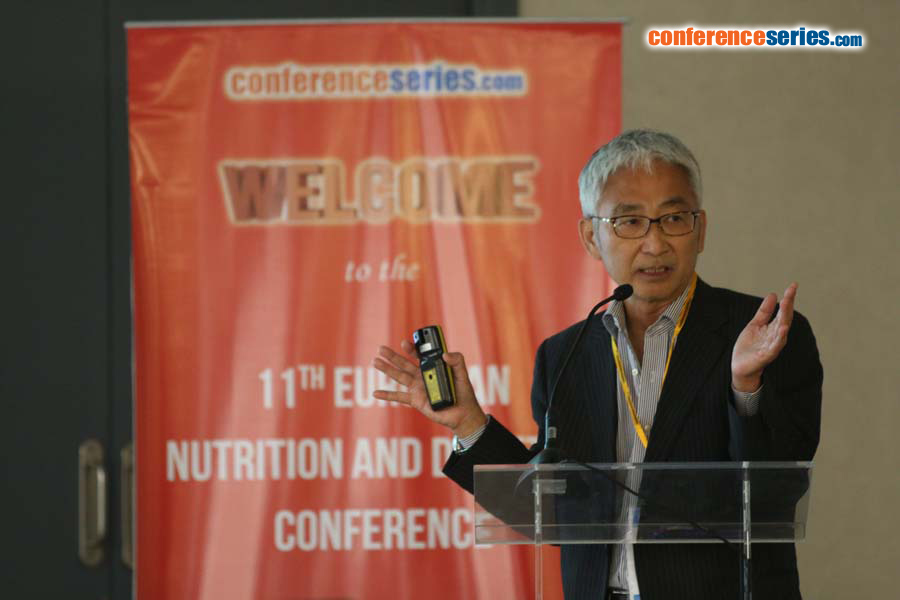
Teruyoshi Amagai
Mukogawa Women’s University, Japan
Title: A novel methodology system to educate patients with non-communicable diseases and to evaluate its effectiveness by outcome parameters
Biography
Biography: Teruyoshi Amagai
Abstract
Background: A number of patients and at risk with non-communicable diseases (NCDs) must be growing year by year. However, as media-mediated information is mixing evidence and non-evidence and it is not easy to identify which is true and vice versa, nutritional education methodology must be essential to cease the growth of number of patients with NCDs.
Aim: To examine an effectiveness of a novel methodology to educate patients with NCDs, such as diabetes (DM), hypertension (HT), dyslipidemia (DL), and chronic kidney disease (CKD), on outcome.
Methods: A novel methodology was developed to educate patients with NCDs using dietary behavior questionnaire (brief self-administered diet history questionnaire: BDHQ) among group-basis. Based on results of individual BDHQ, their reading and aim to resolve their individual problems were discussed among group-basis. Outcome indicators of this education were the clinical objective parameters measured at the first outpatient clinic visited within three months after education, including HbA1c (%), mean blood pressure (mmHg), T-cholesterol (mg/dl), and eGFR, for patients with DM, HT, DL, and CKD, respectively. Then, an effectiveness was evaluated by the changing rate of these parameters, definingã€(pre-) – (post-) / (pre) parameter】X100 (%). An effectiveness was made when this rate was above zero among four NCDs. All consecutive patients who have got group education between Apr, 2016 and Mar, 2017 in a single institute, were enrolled.
Results: To be under analyzed and shown in presentation.
Conclusion: This novel diet and nutrition-related education methodology must be analyzed in their effectiveness by changing rate of individual parameters. To our knowledge, this is the first report to study an effectiveness of diet and nutrition-related education for patients with NCDs.



